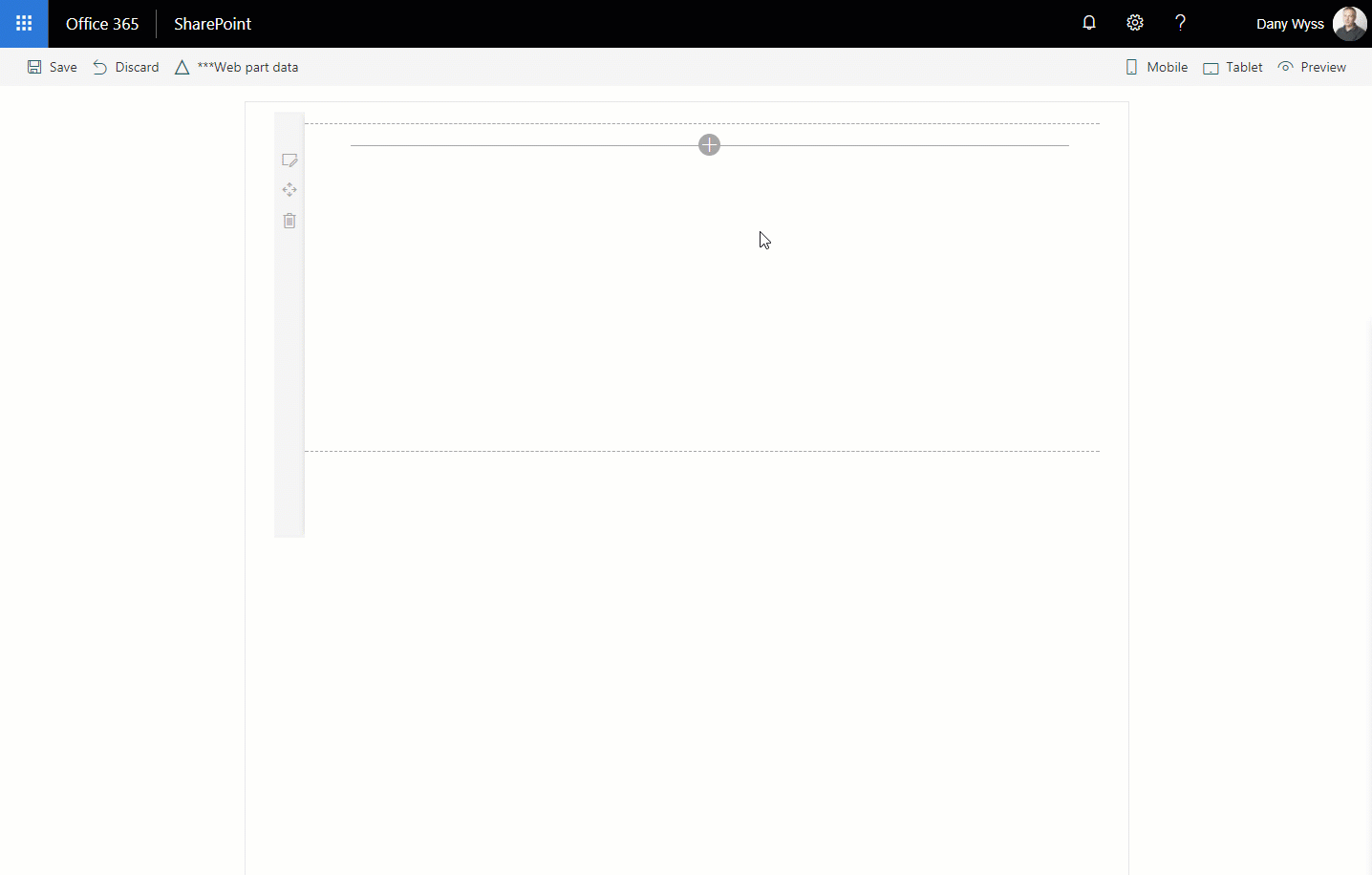updated spfx version using office365 CLI spfx upgrade commands 1.4.1 -> 1.5.0 -> 1.5.1-> 1.6.0 |
||
|---|---|---|
| .. | ||
| .vscode | ||
| assets | ||
| config | ||
| src | ||
| typings | ||
| .editorconfig | ||
| .gitignore | ||
| .yo-rc.json | ||
| LICENSE | ||
| README.md | ||
| gulpfile.js | ||
| npm-shrinkwrap.json | ||
| package-lock.json | ||
| package.json | ||
| tsconfig.json | ||
| tslint.json | ||
README.md
React List Form WebPart
Summary
The React List Form web part is a web part for adding a list form to any page. It provides a working example of implementing generic SharePoint list forms using the SharePoint Framework (SPFx) and the React and Office UI Fabric libraries.
The web part allows configuring which list to use and if a form for adding a new item, editing or displaying an existing item should be shown. When selecting display or edit form the ID can be defined either as a fixed number or as a query string parameter name. The form fields can be added, ordered using drag-and-drop or removed visually in the web part. A URL including placeholder for the ID can be provided to redirect to after successfully saving the form.
Used SharePoint Framework Version
Applies to
Solution
| Solution | Author(s) |
|---|---|
| react-list-form | Dany Wyss |
Version history
| Version | Date | Comments |
|---|---|---|
| 1.0 | November 24, 2017 | Initial release |
Disclaimer
THIS CODE IS PROVIDED AS IS WITHOUT WARRANTY OF ANY KIND, EITHER EXPRESS OR IMPLIED, INCLUDING ANY IMPLIED WARRANTIES OF FITNESS FOR A PARTICULAR PURPOSE, MERCHANTABILITY, OR NON-INFRINGEMENT.
Minimal Path to Awesome
- Clone this repository
- in the command line run:
npm installgulp serve
Features
This Web Part illustrates the following concepts on top of the SharePoint Framework:
- Using React for building SharePoint Framework client-side web parts.
- Using React controlled components for SharePoint form fields.
- Using SharePoint REST services to retrieve and update schema and data for lists and fields.
- Using Office UI Fabric React components and styles for building user experience consistent with SharePoint and Office.
- Integrating drag and drop to provide better user experience for configuring web parts visually.
- Using custom drop down property editors in the property pane.

